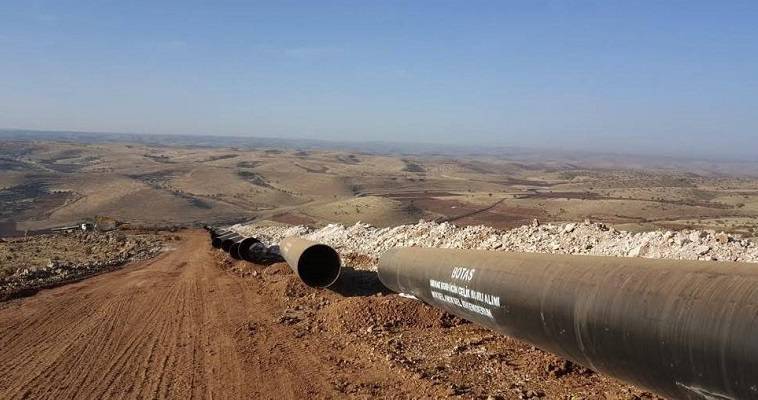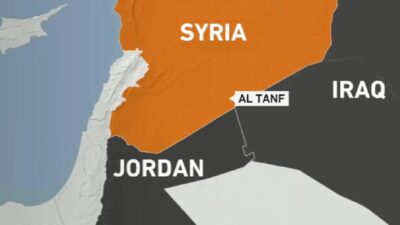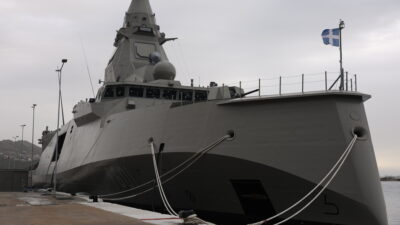Giorgos Iliopoulos: Turkish pipeline in the Caucasus – A wedge between Iran and Russia
16/06/2020
At an extraordinary meeting of its board of directors, the state-owned Turkish gas company BOTAŞ announced the opening of a tender for the construction of a pipeline to supply gas to Nakhchivan, a landlocked autonomous republic. Wedged between Iran and Armenia, Nakhchivan has a small border with Turkey.
Until now, its gas supply has been based exclusively on Iran. But now Ankara is trying to cut off Iran’s gas supplies to Azerbaijan. The announcement follows statements by the presidents of Azerbaijan and Turkey last February that they had decided to speed up efforts to build the pipeline (which had been suspended since 2010 due to Russian protests). Erdogan’s move aims to curry favor with the US.
Games with gas
The general outline of the BOTAŞ proposal includes the intention to build an 80 km long gas pipeline, starting at the small border town of Iğdır on the country’s eastern border and ending at the Nakhchivan border, where it will be connected to the existing network (with an annual capacity of two billion cubic meters of natural gas).
The amount is four times the current energy needs of the region and the project is expected to be completed in 2021, with deliveries starting in 2022. Nahichevan has been importing Iranian natural gas since 2004, following an agreement of exchange between the governments in Baku and Tehran, on the basis of which Azerbaijan has undertaken to supply gas to the Iranian city of Astara on the northwestern border (which lies outside Iran’s domestic pipeline network).
In return, Iran covers 85% of Navichevan’s needs, with the remaining 15% being paid in reciprocal exchanges, a condition that Baku has been trying to renegotiate for years. A proposal through a competing pipeline from Turkey is seen in Baku as pressuring the Iranians to withdraw from their hitherto hard line, although the effects are already far greater than previously thought.
A most “convenient” attack
Despite the fact that Turkey imported Iranian natural gas (and in large quantities), it suspended all transport on March 31, interrupting the operation of the main pipeline. It was preceded by sabotage attacks on the network, for which Turkey denounced its usual whipping boy, the Kurdish PKK. At the same time, it is not in a hurry to recover, citing its costs and indirectly demanding that Tehran finance the repairs and compensate Turkey for the loss of revenue.
Surprisingly and perhaps bizarrely, the March attacks have proven to be beneficial for Ankara. Just a month earlier, Turkish Deputy Energy Minister Alpaslan Bayraktar revealed at a conference on energy in Istanbul that his country intends to turn to low-cost liquefied petroleum gas (LNG) supplies, which will be shipped to terminals. to reduce overall costs.
International liquefied natural gas prices were already moving at historically low levels before the pandemic, with COVID-19 desperately worsening the situation. Given the harsh economic conditions in Turkey, the regime is trying to replace Iranian low-cost liquefied natural gas imports with a fraction of the price charged by Tehran.
Moscow and Washington are watching
The threat of Iran’s exclusion from its exports to Nakhichevan is apparently an additional weapon in Ankara’s quiver in its relations with Tehran. On the other hand, it is also a leverage factor in the months-long efforts of the Erdogan regime to improve its relations with the United States, with the expectation of being cast a lifeline.
For its part, the White House is trying to pressure Azerbaijan and Turkey to limit, or even cut off, gas imports from Iran and, consequently, their economic ties with Tehran. In fact, as a sign of goodwill, Turkish gas imports from the United States have increased to 18% of the total since February, with the corresponding decrease from Iran to 15%.
The recent sudden postponement of the visit of the Russian Foreign and Defense Ministers, which according to many is connected with the Libyan problem, is in fact related to the issue of the small pipeline. Moscow is particularly concerned about attempts to upset sensitive balances in its zones of control, and Libya is likely to be downgraded for the time being. Russia’s concern is also reflected in the recent verbal support to Greece against Turkey, which is undoubtedly linked to the latest developments.






